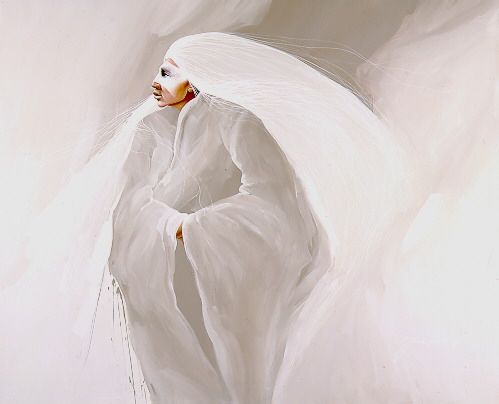By Lynne Harlan
Our nation abounds in debates about race, identity, citizenship, ethnicity and nationality. American Indians are part of that debate and many issues in the nation today impact the definition of what constitutes an American Indian in the United States. Many assume that to be an American Indian you must have native lineage alone. Unfortunately, the definition of an American Indian is inherently political. Race, ethnicity and cultural affiliation play a part, but to be considered an Indian you must be a member of a recognized native tribe or nation.
When the first European explorers came to North America they encountered cultural groups of people or tribes. By the time colonists arrived many coastal tribes had been decimated by introduced diseases, and those tribes were loose confederations of people. When European powers began to claim vast tracts of land, their government representatives dealt only with nations which were organized. This recognition of independent nations became the basis for the new government’s definition of an American Indian. That definition holds true today.
Read more here: http://redwebz.org/modules.php?name=News&file=article&sid=2357
Saturday, July 21, 2007
Subscribe to:
Post Comments (Atom)





No comments:
Post a Comment